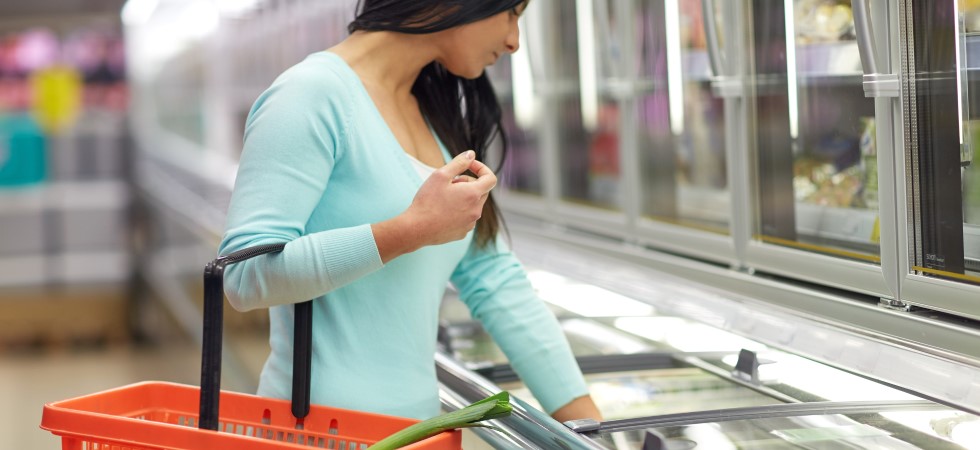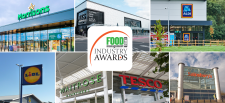The latest market share report by Kantar finds grocery sales fell by 1.2% year on year in the 12 weeks to 3rd October 2021, but are considerably higher than pre-pandemic times.
The figures found that reduced availability of fuel meant people limited the number of trips they made to supermarkets in the past four weeks. Visits to forecourts in the south of England jumped by 66% on Friday 24th September as people topped up before the weekend.
Fraser McKevitt, head of retail and consumer insight at Kantar, said: “The average household made 15.5 store visits in the past four weeks, the lowest monthly figure since February. Shoppers staying off the roads also meant the proportion of groceries bought online, which has been steadily decreasing over the past seven months, crept up to 12.4% compared with 12.2% in September.”
Prices on the rise
Like-for-like grocery prices rose by 1.7% in the past four weeks compared with last year. McKevitt continued: “In real world terms, the average household had to spend an extra £5.94 on groceries last month than they did at the same time last year. The typical household spends £4,726 per year in the supermarkets, so any future price rises will quickly add up. Shoppers will look to manage their spend by carefully selecting the products and retailers that offer them the best value.”
Festive spending begins
According to the report, a minority of shoppers also took the chance to get ahead on their festive spending. Approximately 449,000 consumers bought a Christmas pudding in September, with sales 76% higher than in the same month last year.
Market share breakdown
Tesco issued a positive set of results amid ongoing private equity interest. According to Kantar’s latest data, the retailer continues to grow ahead of the market with sales up by 1.2% in the 12 weeks to 3rd October compared with the same period last year. Tesco’s market share increased by 0.6 percentage points and now stands at 27.5%, the highest level since February 2019.
Lidl was the only other retailer to achieve growth in the past 12 weeks, increasing sales by 0.4% to give it a market share of 6.2% – matching its previous record high in May 2021. Waitrose’s sales remained flat, but this was enough for it to gain market share, nudging up 0.1 percentage points to 5.1%.
Other findings include:
- Market share was unmoved at both Sainsbury’s and Asda, sitting at 14.9% and 14.4% respectively
- Aldi and Iceland also remained steady. Aldi holds 8% of sales and Iceland has 2.3%
- As Morrisons’ ownership auction was settled, the retailer’s market share slipped slightly from 10.1% to 9.8% in the latest 12 weeks
- Having benefited from consumers shopping locally during the pandemic, Co-op’s share fell by 0.2 percentage points in the latest 12 weeks to 6.4%
- Ocado sales shrank by 5.9% this period, but the online retailer still showed the greatest two-year increase of any retailer, with sales 35.9% higher than in 2019.









